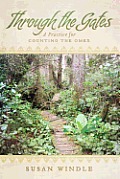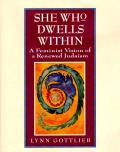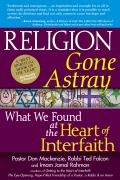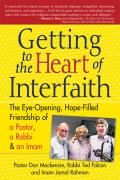
Recommended to me by: thistle in grey
I picked this up because I enjoyed “The Red Tent” a long time ago. They have in common gripping characterization and story, careful research, and being centered on Jewish women. The writing is note-perfect and pulled me forward through the whole book.
This is the sweeping story of Addie Baum’s life, as told to her beloved granddaughter from the vantage point of being 85 years old. She was born in 1900 to struggling immigrant parents from Russia who settled in Boston. She seizes any bit of luck, care, opportunity, and friendship that comes her way, and works fiercely to make her way and succeed. She offers luck, care, opportunity, and friendship to people struggling around her when she can. She both flees and stands by her family.
She faces a lot of grief and loss. The book tells the stories, but does not linger on the pain. Perhaps it makes sense from the vantage point of being 85 years old. Perhaps a relief for the modern reader when the losses touch too close to home, like those from the 1918 flu pandemic (although this was published 5 years before the start of the Covid pandemic). At times it felt dismissive, although “face forward and don’t think about it” must have been the mantra of the times.
As a Jewish reader with immigrant parents who settled on the East Coast, I appreciated the resonances in the book, even though my parents arrived half a century later and did not struggle with poverty in the same way. I wonder sometimes what it’s like to be part of the dominant culture and have almost everything resonate like that.
Highly recommended!





